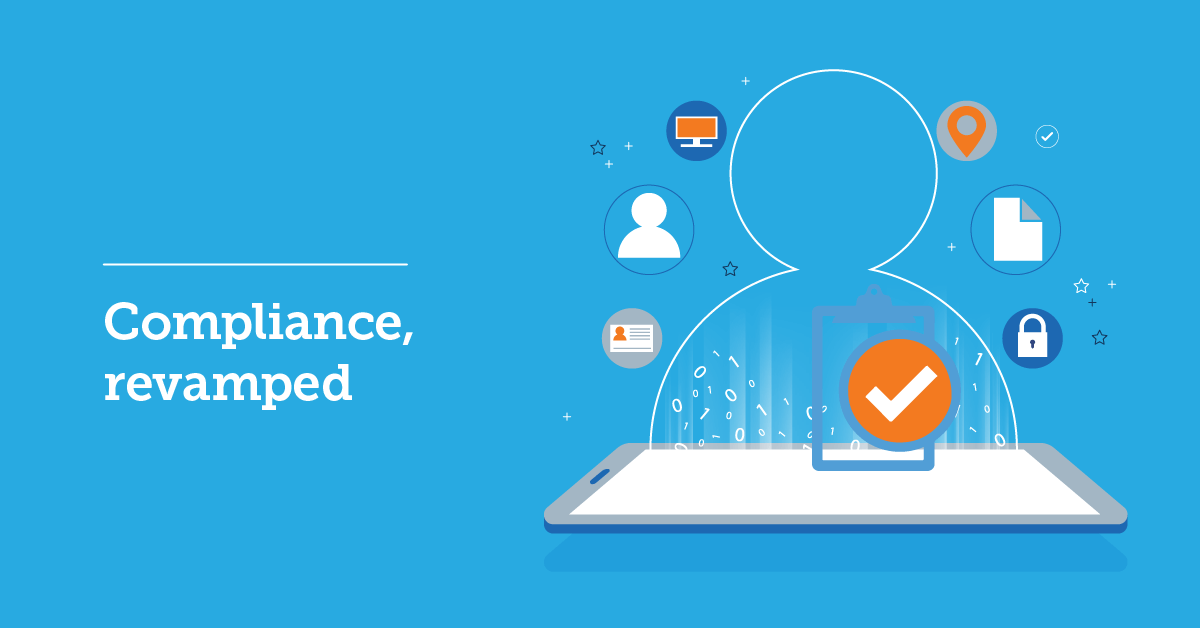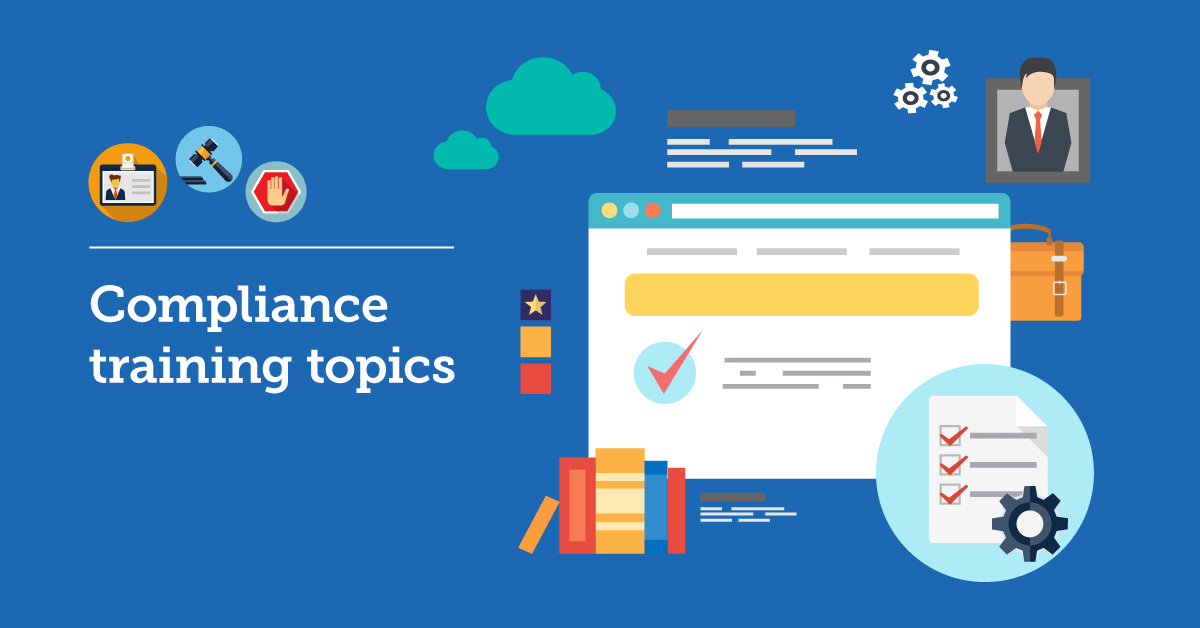Is your compliance online training program showing its age? In this article, I’ll share 8 budget-friendly ways to modernize your compliance training program.
How to modernize your compliance online training in a budget-friendly way
Compliance training helps your organization avoid costly penalties and ensure workplace safety. But keeping up with current policies, regulations, and protocols can stretch your resources to the limit. There’s also the challenge of catering to modern employees’ needs and preferences without breaking the bank. Here are 8 ideas to bring your compliance training course up to date without breaking the bank.
1. Create a microlearning online training repository
Modern learners need resources that are easily accessible and digestible. A microlearning repository gives your employees the power to brush up on compliance knowledge anytime, anywhere.
It’s also budget-friendly, as you can repurpose your existing resources to build your just-in-time training library. For example, an online training webinar you already have in your database converts into a podcast series. You can also transform that outdated PowerPoint presentation into bite-sized online training activities or modules.
2. Add real-world activities
Real-world activities offer a variety of benefits. Most importantly, they are relatively inexpensive to create if you use a rapid eLearning authoring tool with built-in assets. This allows you to develop interactive online training resources that facilitate real-world application, even if you don’t have graphic design experience.
Real-world activities also enhance the value of your compliance course, thanks to the fact that employees can see how the policies and protocols translate on the job. Real-world examples, case studies, branching scenarios, and online training simulations are all valuable additions to your training.
3. Make it responsive
Multiplatform friendliness is an essential trait of modern online training experiences. Employees must be able to take the coursework with them wherever they go, which allows them to fill compliance knowledge gaps on the go.
A responsive design tool enables you to develop and deploy online training materials faster and with fewer resources. You can create a master layout that automatically adjusts to the device based on breakpoints. You’re also able to preview and edit each version to provide the best viewing experience.
4. Incorporate self-guided learning maps
If your current compliance course has locked paths, you may want to consider giving employees free roam of the layout. For example, incorporate a self-guided learning map that features clickable resource links or online training activities. Employees can pick and choose which content to complete next based on their knowledge gaps and learning goals. More importantly, they’re able to quickly access online training resources that cater to their personal preferences and needs.

5. Integrate social media components
Nothing says “modern” like social media. Online discussions, Facebook groups, corporate eLearning blogs, and video sharing platforms are a great way to bring your compliance course into the digital era. They also give you the power to fully engage your employees and facilitate peer-based feedback. Everyone gets to participate in the online discussion and benefit from the experience of co-workers, even if they are thousands of miles apart.
To get the conversation started, invite learners to a live Q&A session, or encourage them to join your training group. These platforms give them a place to gather remotely and share tips and tricks, such as personal anecdotes that help others understand company policies or protocols more effectively. Best of all, social media doesn’t involve any start-up or maintenance fees. Just a few moments of your time every day to create a post or respond to comments.
6. Use a visually engaging eLearning template
eLearning templates keep your course design consistent and cohesive. They also help to streamline the modernization process, as you can simply upload your existing content to a more modern layout.
Of course, you may need to fine-tune certain aspects to make them easily digestible for today’s corporate learners beforehand. For example, convert lengthy text blocks into bullet lists, or add serious games and online training simulations in your design. The key is to choose a visually engaging, user-friendly template. Employees should be able to navigate the course with ease.
Don’t forget to integrate your branding elements to build credibility and enhance aesthetics. For example, your company logo and color scheme.
7. Add videos, images, and other multimedia
Modern employees don’t have a moment to waste. They also have to deal with distractions that are unique to our tech-centered society. For example, social media can be a valuable online training tool. But some corporate learners might use it to chat with friends or play mini-games, when they should be expanding their compliance knowledge.
As such, you need to grab your employees’ attention from the very beginning. This involves dynamic multimedia that improve comprehension and engage them on a personal level. Videos, images, and audio narrations help to enrich the online training experience and boost participation.
Many rapid eLearning authoring tools feature built-in multimedia that you can use in your course design. You can simply incorporate links to third-party resources if custom content is out of your price range. YouTube videos, articles, and online how-to guides are prime examples. Just be sure to give credit when credit is due to avoid copyright violations.
8. Gamify your eLearning course design
Gamification involves adding badges, points, leaderboards, and other game mechanics to your eLearning course design. It’s a great option for corporate learners who lack motivation or drive, as well as those who simply need an extra incentive to make time in their busy schedule for training.
Again, a rapid eLearning authoring tool can help you create eye-catching rewards and integrate game elements into your current eLearning course design. The secret is choosing game mechanics that support desired behaviors and tap into your corporate learners’ primary sources of motivation.
These 8 tips can help you modernize compliance online training without spending a small fortune. They also give you the opportunity to engage employees and provide more meaningful online training experiences, which improves your corporate eLearning ROI and reduces the risk of compliance violations.
How can you avoid regulatory violations and ensure that your worldwide workforce knows company policy? By creating the right compliance training courses for your staff. You can read more tips about how to do that here.
| Tags: Compliance Training




Leave a Reply